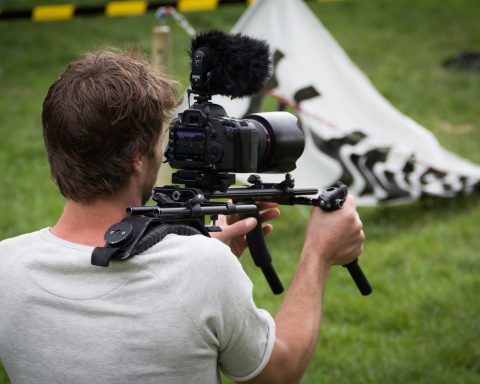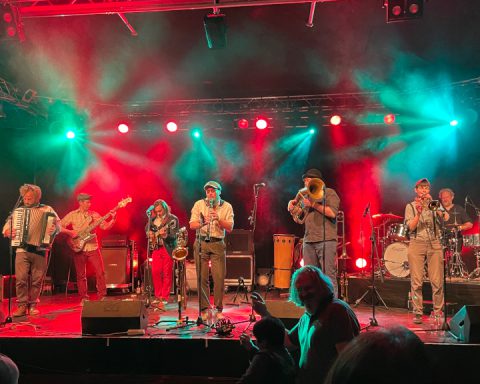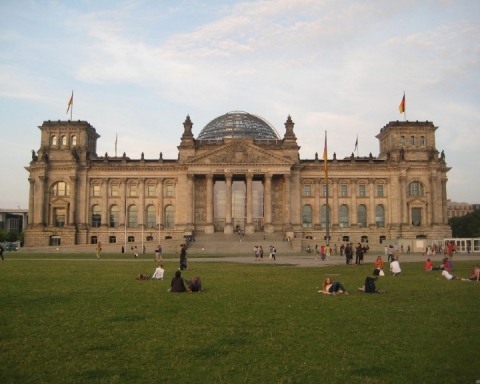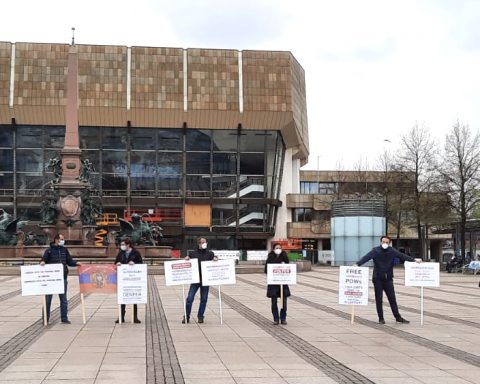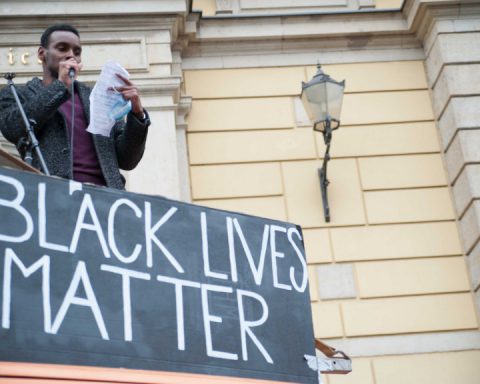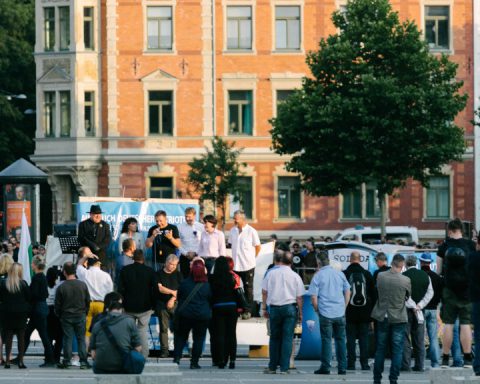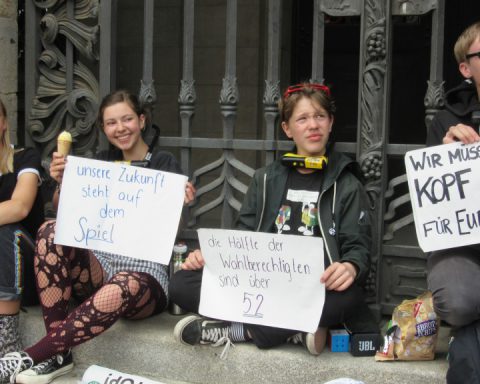For a split second, a female journalist feels relieved when a police officer picks her up off the ground from the mayhem. But the next second, he drops her back onto the ground with brute force.
Scenes like this one, which Ljiljana Smajlović brought up during a panel at last week’s conference of the European Centre for Press and Media Freedom (ECPMF), appear to be not so infrequent in the midst of the current refugee crisis in Europe. The ECPMF has sent a taskforce to Hungary to investigate violence against the media there; Hungarian police are beating up journalists as an attempt to block their coverage of refugees’ tumultuous arrivals at the Serbian-Hungarian border. In Germany, journalists are also being attacked as they cover Pegida and Legida protests.
But the Thursday panel where Smajlović, president of the Serbian Journalists’ Association, and other media leaders participated also tackled another side of a possible crisis in the media: spreading hate against refugees. The media has been both victim and perpetrator in this, as panel moderator Hans-Ulrich Jörges summarized.
British investigative journalist Jon Danzig led the charge in the panel against heavily imbalanced press coverage related to refugees, focusing on the Daily Mail and other England-based tabloids. He expressed fears that a genocide might be in the making as trashy press spreads hysteria, which he compared to what the German press did in the 1930s in regards to the Jews. This is the opposite side of the “lying press” to which people of the far right tend to refer (the side they might like better).
But the German press nowadays is behaving quite differently, according to Syrian Tarek Khello, who went through the double ordeal of being a persecuted journalist in Aleppo and then a refugee kidnapped by Hezbollah in Beirut before arriving in Leipzig.
“I’d like to thank German society for being as open as it is and trying to integrate us,” Khello said during the panel. “German media mainly reports positively about refugees [unlike other countries.] Why does a movement like Pegida exist in a country where media coverage is so well-balanced?”
But despite saying that he feels he has equal rights to Germans, Khello, who currently works as a teacher, also said he still feels prejudice in his daily life: He has tried countless times to greet his neighbor in German, but she has so far only ignored him.
Care should be taken, however, not to characterize all people who fear the arrival of refugees as downright xenophobes, said the Hungarian Balász Nagy Navarro, chairman of the ECPMF supervisory board and an award-winning, persecuted journalist and media activist. People on the Hungarian countryside are not used to foreigners, he said, adding that “it’s very easy to manipulate these people… when the press is not working the way it should be.”
The ECPMF conference had panels over last Thursday and Friday that also included an exploration on surveillance on journalists; how to improve media laws in Europe; documentaries dealing with persecution of minorities or of the filmmakers themselves; and the infamous local Sachsensumpf corruption case. To keep up with their happenings, you can follow ECPMF on Facebook or Twitter, besides visiting their events page.

